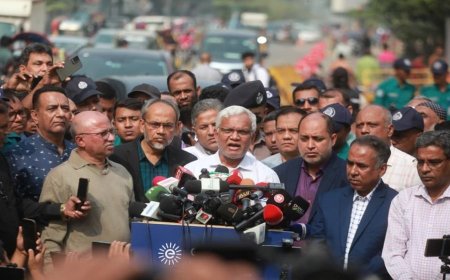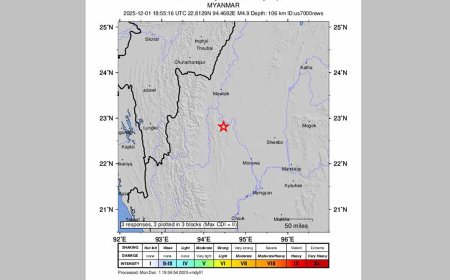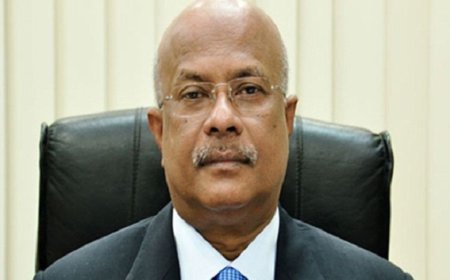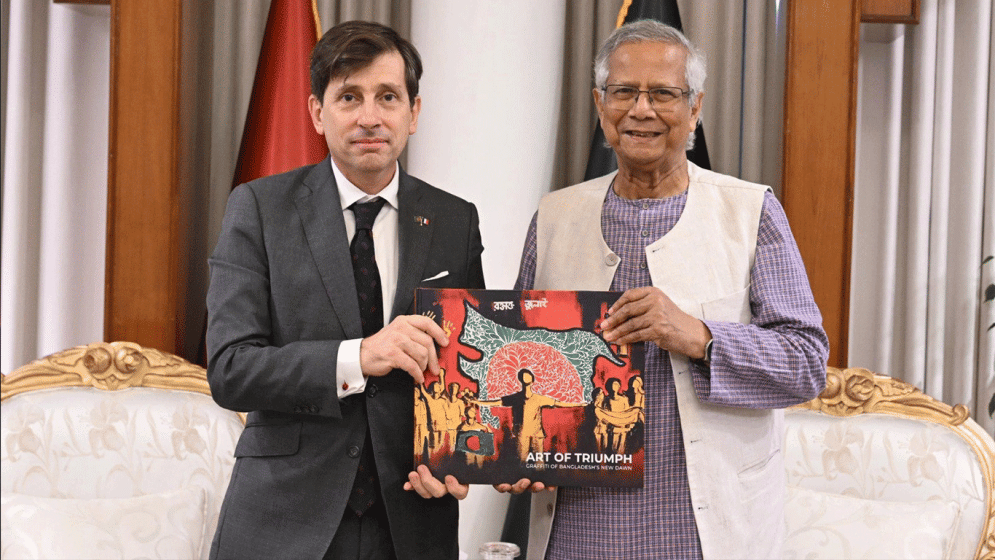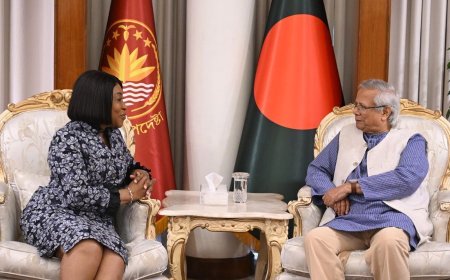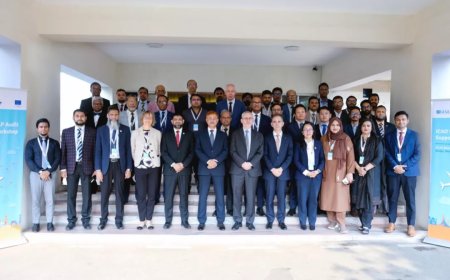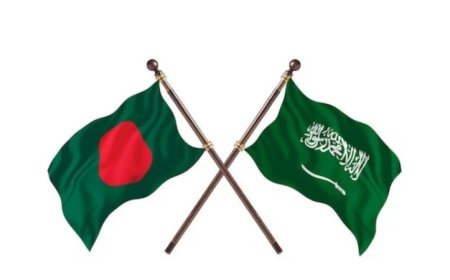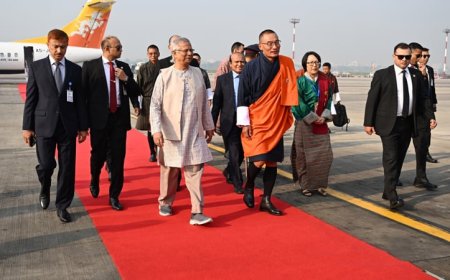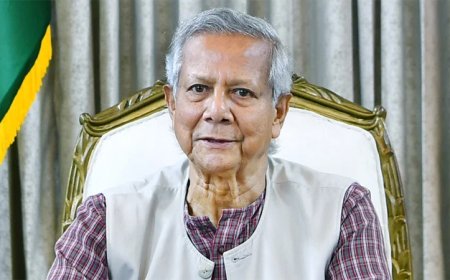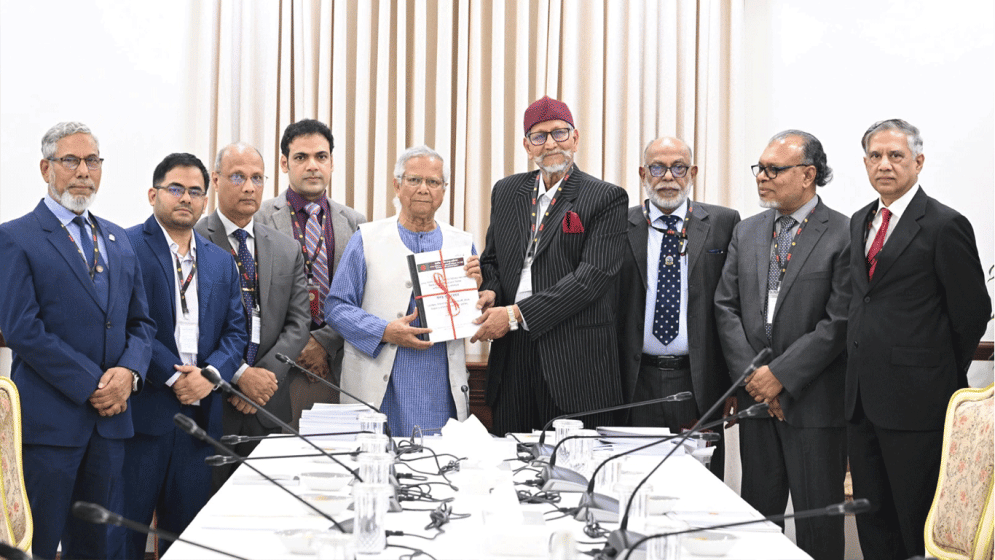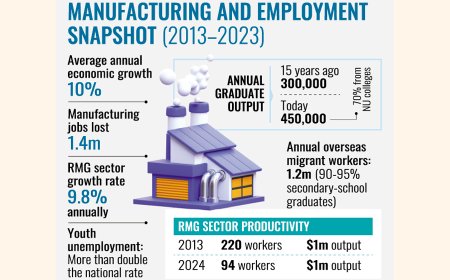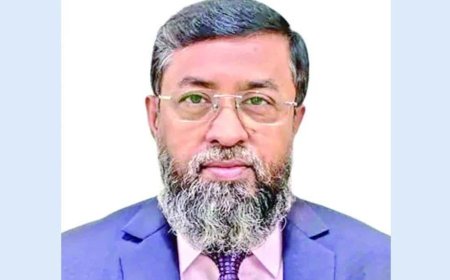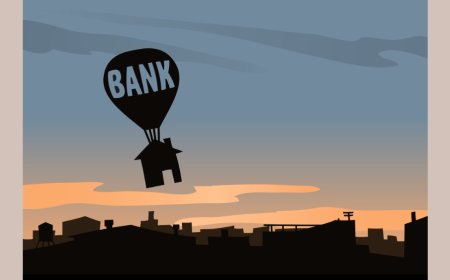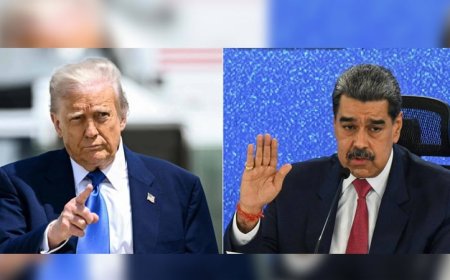UN and Bangladesh sign agreement to establish human rights mission in Dhaka
The newly established mission will provide training and technical support to authorities in various sectors.
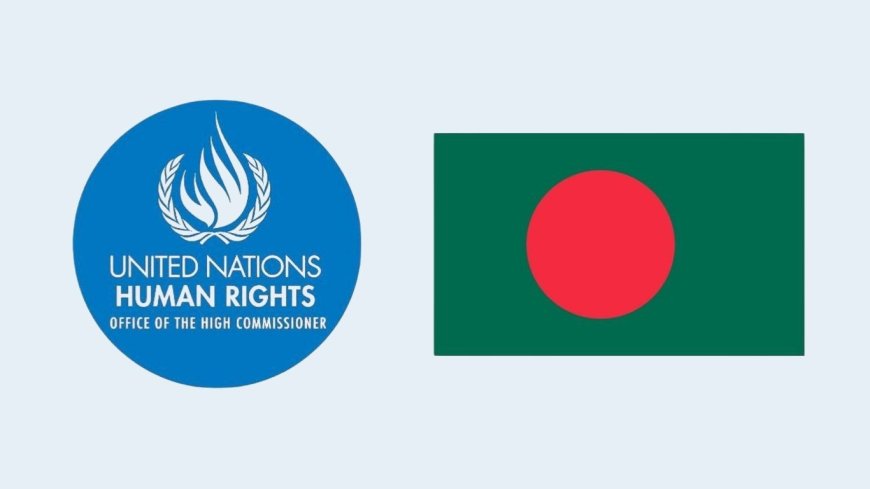
UN, Bangladesh Sign Landmark Agreement to Launch Human Rights Mission in Dhaka
In a significant development, the UN Human Rights Office and the Government of Bangladesh have signed a three-year Memorandum of Understanding (MoU) to establish a human rights mission in Dhaka. The initiative aims to strengthen the protection and promotion of human rights in the country.
The agreement—signed this week in Geneva by UN High Commissioner for Human Rights Volker Türk and Bangladesh's Foreign Secretary Asad Alam Siam—marks a turning point in international engagement with Bangladesh, according to a press release issued by the UN on Friday.
Since August last year, the UN Human Rights Office has stepped up its engagement with Bangladesh, working with a range of actors to advance rights-based reforms and carry out an in-depth fact-finding mission into the violent suppression of mass protests.
“The signing of this memorandum sends a strong signal of Bangladesh’s commitment to human rights as a foundation of its democratic transition,” Türk stated.
“This agreement will allow my Office to more effectively support implementation of the recommendations from our fact-finding report. It will also enable us to work directly on the ground with the government, civil society, and other partners as the country moves forward with critical reforms.”
The upcoming UN mission will provide training and technical support to Bangladeshi authorities across multiple areas. It will also conduct capacity-building efforts for government institutions and civil society to help Bangladesh meet both national and international human rights obligations.
Bangladesh’s rights landscape remains deeply scarred by years of abuses under the Awami League’s 15-year rule, which ended in August 2024. Between 2009 and 2023, rights organisation Odhikar documented nearly 677 enforced disappearances and 2,699 extrajudicial killings.
The situation worsened dramatically during the “July Revolution” in 2024—a month-long, student-led uprising sparked by the controversial reinstatement of quotas in government jobs.
Security forces, including the police, Rapid Action Battalion (RAB), and ruling party cadres, responded with deadly force. A subsequent UN investigation confirmed at least 1,400 protest-related deaths, along with thousands injured, arbitrarily detained, tortured, or forcibly disappeared—some incidents potentially amounting to crimes against humanity.
The mass protests culminated in the ouster of Prime Minister Sheikh Hasina on 5 August 2024. Days later, Nobel laureate Muhammad Yunus was sworn in as head of an interim government.
The new administration quickly pledged sweeping reforms—committing to a national commission of inquiry, dismantling secret detention centres like Aynaghar, and formally seeking support from the United Nations.
On 29 August 2024, the transitional government also signed the UN Convention for the Protection of All Persons from Enforced Disappearance.
However, serious concerns persist. Since early 2025, the interim government has faced mounting allegations of human rights violations, including extrajudicial executions, custodial deaths, and mass arbitrary detentions under a nationwide crackdown dubbed “Operation Devil Hunt.”
What's Your Reaction?







